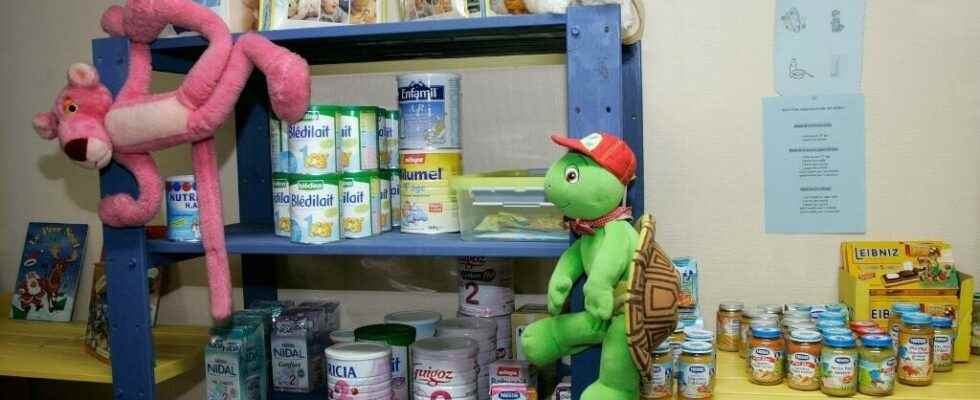It is an industry that is worth 55 billion dollars each year and whose products are the only ones, with tobacco, that cannot be advertised without being strictly regulated. The WHO accuses the manufacturers of aggressive marketing practices and of discouraging mothers who would like to breastfeed.
With our correspondent in Geneva, Jeremiah Lance
Infant milk advertising is so pervasive that it’s hard to escape. According to the World Health Organization, more than half of parents worldwide are exposed to it.
And it starts on the packaging, says Dr Nigel Rollins of the Infant Health Department at WHO. “ The manufacturers will say that such an ingredient improves the development of the brain of the babies. The problem is that there is absolutely no evidence that adding it to infant formula really works. But it influences the parents. And it also allows manufacturers to increase the prices of their products. »
Another information that tends to be conveyed wrongly: breast milk would lose nutrients after six months. A strong argument for manufacturers who make a large part of their margins thanks to what is called follow-on milk.
” Do we collectively agree that the birth of a baby can be an opportunity to make money or do we set limits? asks Dr. Nigel Rollins. Because the diet of a child during his first two years, well, that will perhaps condition his health throughout his life. »
Learn about the benefits of breastfeeding
The WHO makes it clear that it is not a question of making the mothers who make this choice feel guilty but rather of giving the right information on thefeeding with milk, considered the best way to boost the body of infants. The agency calls on states to more strictly limit advertising for infant milks. And to prohibit health personnel from accepting promotional contracts with manufacturers.
